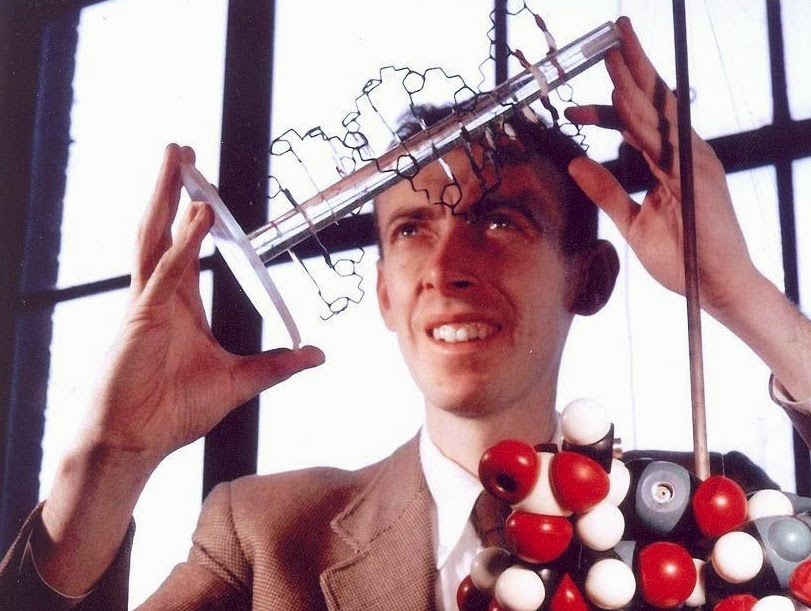Going back to the poll question, I see that only about a third of forum members have any idea of what role the Y chromosome plays in human biology. It was not really an opinion poll, because there are correct and incorrect answers. As LeBrok said it, without the Y chromosome we would all be women, so it can't be argued that it has both physical and behavioural effects, since men do not look nor behave/think like women.
The Y-chromosome contains 59 million base pairs and over 200 genes, i.e. about 1% of a man's genes. It is reasonable to think that the phenotypic effect of Y-DNA should not be much greater than 1%. However that figure doesn't mean much because 98% of our genome is identical to chimpanzees and 60% identical to fruit flies. (see
Percentage of genetic similarity between humans and animals)
That also presupposes that all genes have an effect on physical appearance or behaviour, but that is not the case. Most genes regulate biochemical processes that are invisible to the naked eye. But it is clear that Y-DNA does have visible effects (apart from genitals), otherwise men would be just like women when dressed, but they do not.
It is not only the production of testosterone by the testes that differentiate a man from a woman either. Inject women with testosterone and they will grow beards and become more aggressive. But they won't really look like men, just masculinised women, and that is not the same at all. They also won't think and behave like men, nor will they suddenly become lesbian. I have never heard that female body builders taking regular testosterone shots suddenly developed a intuitive sense of directions, started dressing badly, and stopped being able to find the cheese in the fridge.
Obviously not all men are equal, and not all the differences in manliness can be attributed to Y chromosomes. In fact most differences are rooted in other chromosomes, including the X chromosome, which for example plays a major role in male baldness (as the androgen receptors are located on the X-DNA). So the impact of the Y chromosomal genes is
always moderated by and dependent on the rest of one's genome. One of the basic rules of genetics is that most genes work with and are influenced by other genes. So the same Y-DNA will not have exactly the same effect on everyone, but it is not the same as saying it doesn't have any effect.
I have explained in
this thread which mutations on Y-chromosomal genes I believe could have been selected due to the potential evolutionary advantages they confer to their carriers. It isn't clear if these advantages are reproductive, physical or behavioural, or a mix of them. What is certain is that some important mutations took place in the SRY gene, which strongly affect male characteristics, define major haplogroups like E, O2b and R1a.





